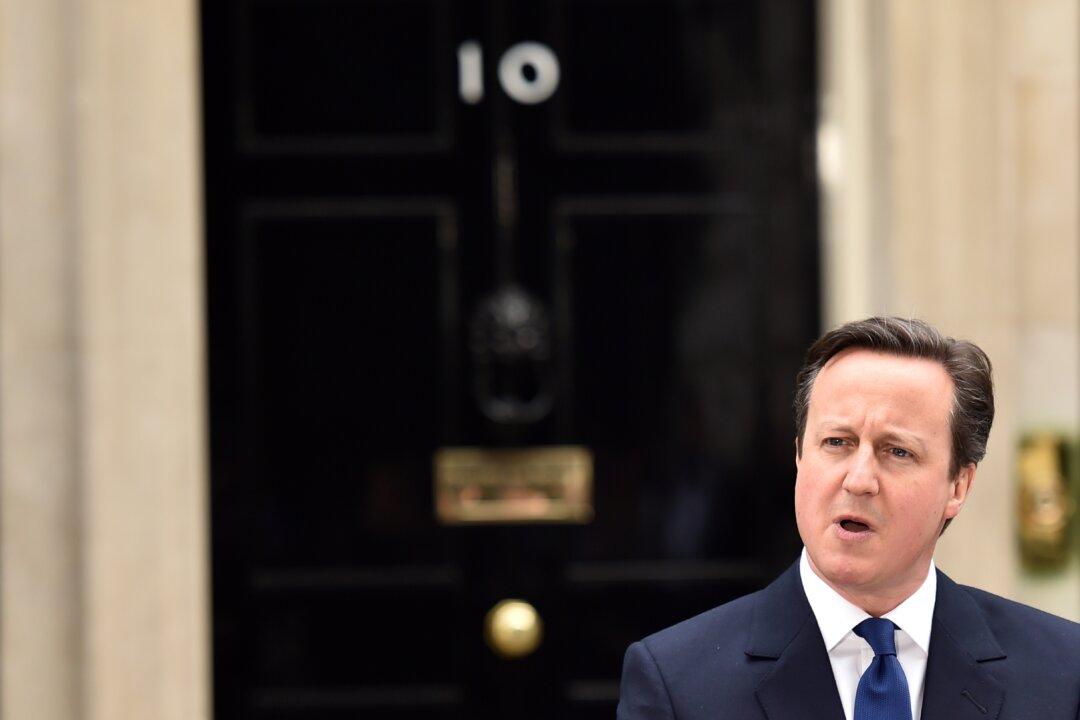BRUSSELS—The prospect that economic and diplomatic heavyweight Britain might leave the European Union within two years has pushed EU leaders to consider concessions to keep the country in the fold.
EU founding members like Germany and France are moving outside their comfort zones, surprisingly receptive to British Prime Minister David Cameron’s call for change ahead of a referendum that will allow citizens to vote on whether to stay or go before the end of 2017.
With Europe’s top priority the very real risk that Greece might fall out of the euro single currency, Cameron has found a surprisingly open ear in many capitals of the world’s biggest trading bloc.





